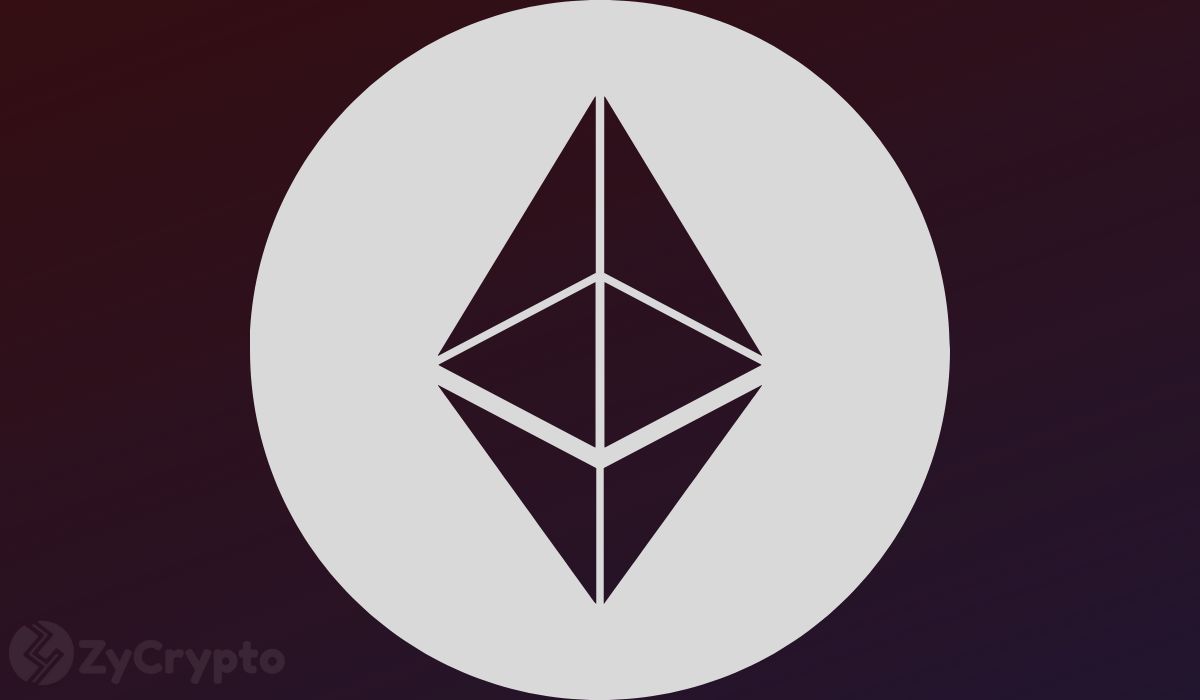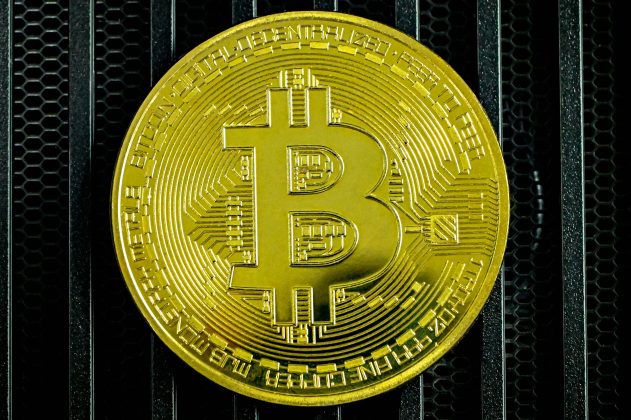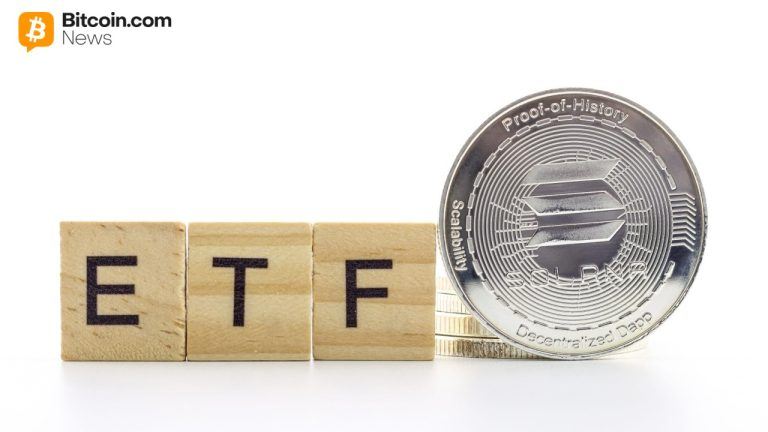The newly elected president of Bolivia, Rodrigo Paz, has announced plans to deploy blockchain innovation to combat corruption within governmental institutions. A report by Associated Press on Monday, indicated that the president aims to adopt blockchain to boost transparency.
More so, the report surfaced shortly after Paz won against his rival Jorge Quiroga in Sunday’s runoff election. As revealed, he secured 54.5% of the vote compared to Quiroga’s 45.5%. The centrist and pro-market candidate will assume office on November 8, inheriting an economy facing fuel shortages and limited access to U.S. dollars.
At the core of Paz’s key reform strategies is the integration of blockchain and smart contracts into public procurement. The Partido Demócrata Cristiano’s 2025 policy platform outlines the use of decentralized technologies to reduce human discretion and prevent manipulation in government contracts.
By that, the president aims to automate parts of the procurement process to curb corrupt practices and ensure accountability in state spending. Additionally, the new administration plans to allow citizens to declare their cryptocurrency holdings as part of a new foreign-exchange stabilization fund.
Furthermore, the fund will be seeded through an asset-regularization program that explicitly includes digital assets to support Bolivia’s currency and finance essential imports. With the focus on incorporating crypto assets, the government aims to expand its tax base and access alternative liquidity sources without directly holding volatile tokens.
How Rodrigo Paz’s approach indicates increasing adoption of blockchain innovation in Bolivia
Although to an extent, Paz’s approach signals openness toward blockchain innovation, it is nothing compared to the kind of Nayib Bukele’s cryptocurrency adoption in El Salvador. Instead of tapping into blockchain innovation for payment, the Bolivian president intends to use it as a tool for governance.
Similarly, the report points to the improving approach toward cryptocurrency in Bolivia. Recall that in 2024, the Banco Central de Bolivia ended a long-standing ban on crypto transactions, paving the way for regulated digital payments.
The move stimulated a surge in crypto trading activity, doubling monthly volumes compared to the previous 18-month average, according to the central bank. By October 2024, Banco Bisa became the first Bolivian bank to offer USDT ($1.01) custody services for institutions.
Likewise, Bolivia’s state oil company, YPFB, is exploring crypto-based payments for energy imports amid dollar shortages. As of late 2024, several major brands including Toyota, Yamaha, and BYD started accepting USDT payments, underscoring a growing trend of real-world crypto adoption.
Read More:
- Visa considers stablecoins for faster settlement
- SharpLink to tokenize SBET shares on Ethereum using Superstate
- Chainlink, Canton join forces to boost institutional adoption of blockchain
The post New Bolivia president hints blockchain adoption to tackle corruption appeared first on BinBits.



























 24h Most Popular
24h Most Popular









 Utilities
Utilities